The underwater crusaders protecting the ocean’s giants
Imagine floating in an endless blue, surrounded by creatures so majestic and so crucial to our planet’s health, yet so vulnerable.
The allure of scuba diving reaches beyond the thrill of exploration and discovery.
It’s a deeply personal connection to the marine environment, an immersive experience that offers unparalleled insights into the beauty and complexity of ocean life.
The connection fosters a profound respect and a sense of responsibility for the protection of marine ecosystems, especially for the pelagic species inhabiting the vast, open waters of the ocean’s pelagic zone.
Pelagic animals, such as sharks, whales, turtles and rays, play crucial roles in marine ecosystems. They maintain the health of the ocean’s food web and contribute to the biological balance of the marine environment.
However, these species face significant threats from human activities, including overfishing, habitat destruction, pollution, and the impacts of climate change.
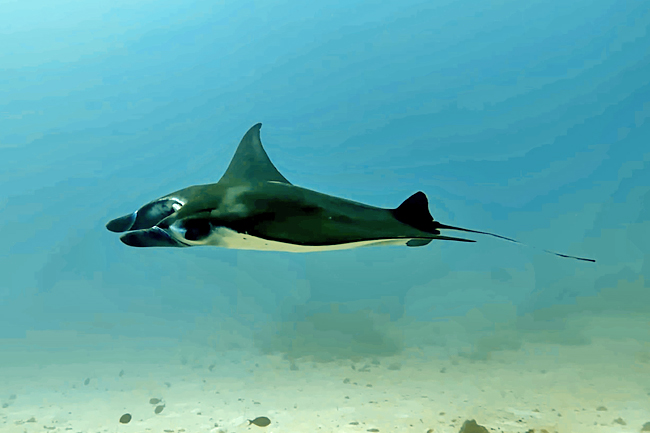
THE VULNERABLE APEX PREDATORS: SHARKS
Sharks, the ocean’s most misunderstood inhabitants, play an indispensable role in marine ecosystems as apex predators, maintaining the delicate balance of marine life.
Yet, they face an array of threats, from overfishing and shark finning to habitat loss and pollution. Among these, the majestic whale sharks and the docile nurse sharks stand out for their unique characteristics and the specific challenges they encounter.
Scuba divers are uniquely positioned to champion the cause of shark conservation, turning their passion for the underwater world into proactive measures to protect these vital creatures. Through ethical diving practices, divers show the world how to interact with sharks in a way that respects their natural behaviours and habitats.
By choosing not to support activities that harm sharks and opting for eco-conscious dive operators, divers set a standard for responsible wildlife tourism.
Scuba divers also serve as underwater ambassadors, capturing compelling images and videos that bring the plight of sharks into the spotlight.
Through storytelling and education, they debunk myths about sharks being mindless predators and highlight their role in the ocean’s health.
This shift in perception is crucial for building broader public support for shark conservation efforts.
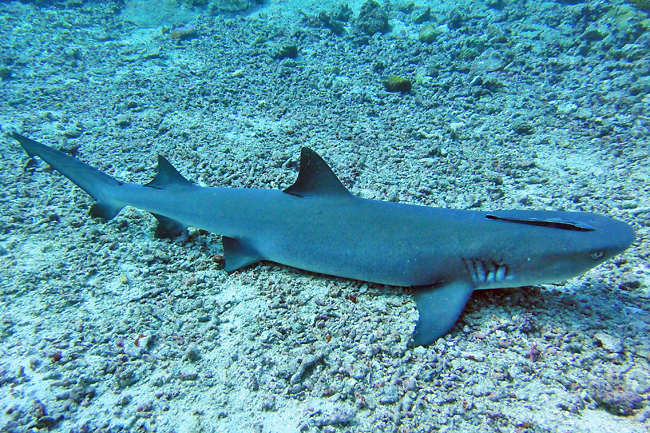
THE ANCIENT MARINERS: SEATURTLES
Endangered turtles, such as the intricately patterned hawksbill turtle, navigate the vast oceans and are vital to marine ecosystems, contributing to the health of coral reefs and seagrass beds. However, these ancient mariners face critical threats from habitat destruction, illegal wildlife trade, and the devastating impacts of plastic pollution.
Scuba divers, with their unparalleled access to the underwater realm, stand on the front lines of turtle conservation.
By engaging in responsible diving practices – just as they do with sharks and any other creatures underwater, they minimise stress and disruption to these delicate creatures, ensuring their underwater encounters do not contribute to the turtles’ plight.
Divers often participate in beach clean-ups and underwater debris removal, directly combating one of the biggest threats to turtle survival.
Through these actions, combined with their powerful storytelling and advocacy, scuba divers raise awareness about the challenges endangered turtles face, rallying support for conservation efforts.
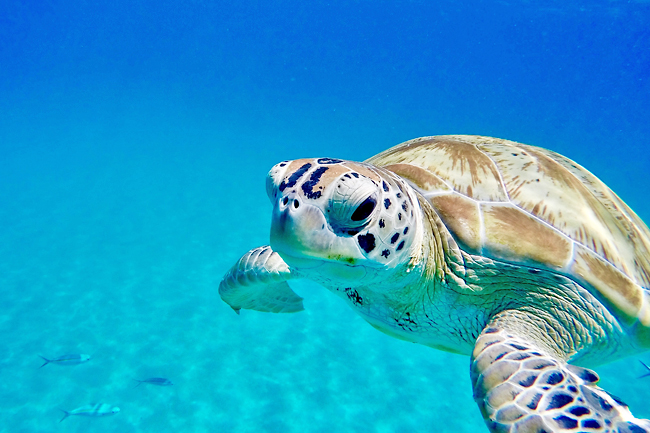
HOW DIVERS ARE MAKING A DIFFERENCE
The ocean’s challenges are vast and complex, but the diving community, with its unique access to the underwater realm, is in a prime position to advocate for, protect, and restore marine life and habitats.
Both scuba divers and non-scuba divers hold significant roles in the preservation of endangered pelagic species, the majestic inhabitants of the open ocean.
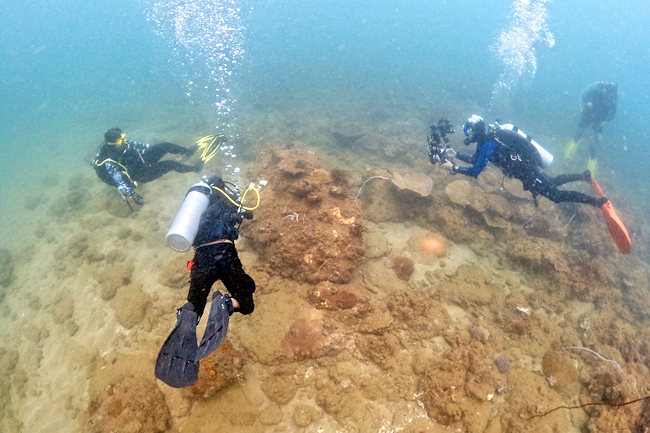
Scuba divers are uniquely positioned to contribute to the conservation of pelagic animals. Their direct encounters with these species provide invaluable insights into their behaviours, habitats, and the challenges they face.
These encounters are transformative, turning divers into advocates for the ocean and motivating them to engage in conservation efforts.
Their firsthand experiences enable them to share compelling stories and images that raise awareness and inspire action among broader audiences.
Non-scuba divers, while not directly exploring the ocean’s depths, can still make a profound impact on the preservation of pelagics.
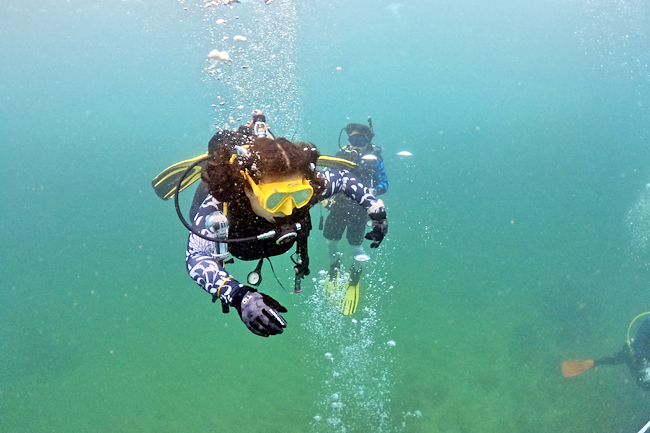
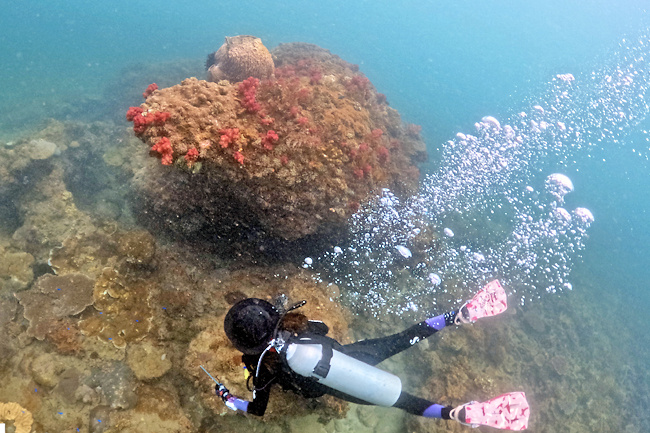
They can support sustainable seafood choices, reducing demand for overfished species and those caught through destructive practices that harm pelagic ecosystems.
Participating in beach clean-ups and reducing plastic consumption to tackle pollution, one of the significant threats to marine life.
Advocacy for marine conservation policies, including the creation of marine protected areas (MPAs) and regulations on commercial fishing practices, is another powerful tool.
By supporting conservation organisations financially or through volunteer work, non-divers contribute to ongoing research, rehabilitation, and education programmes essential for pelagic conservation.
Together, scuba divers and non-divers create a united front in the fight to protect endangered pelagic species.
Through education, advocacy, and direct action, both communities can drive the changes needed to ensure the survival and flourishing of these vital oceanic creatures, safeguarding the biodiversity and health of our oceans for future generations. – Nadzirah Malek-Webb






